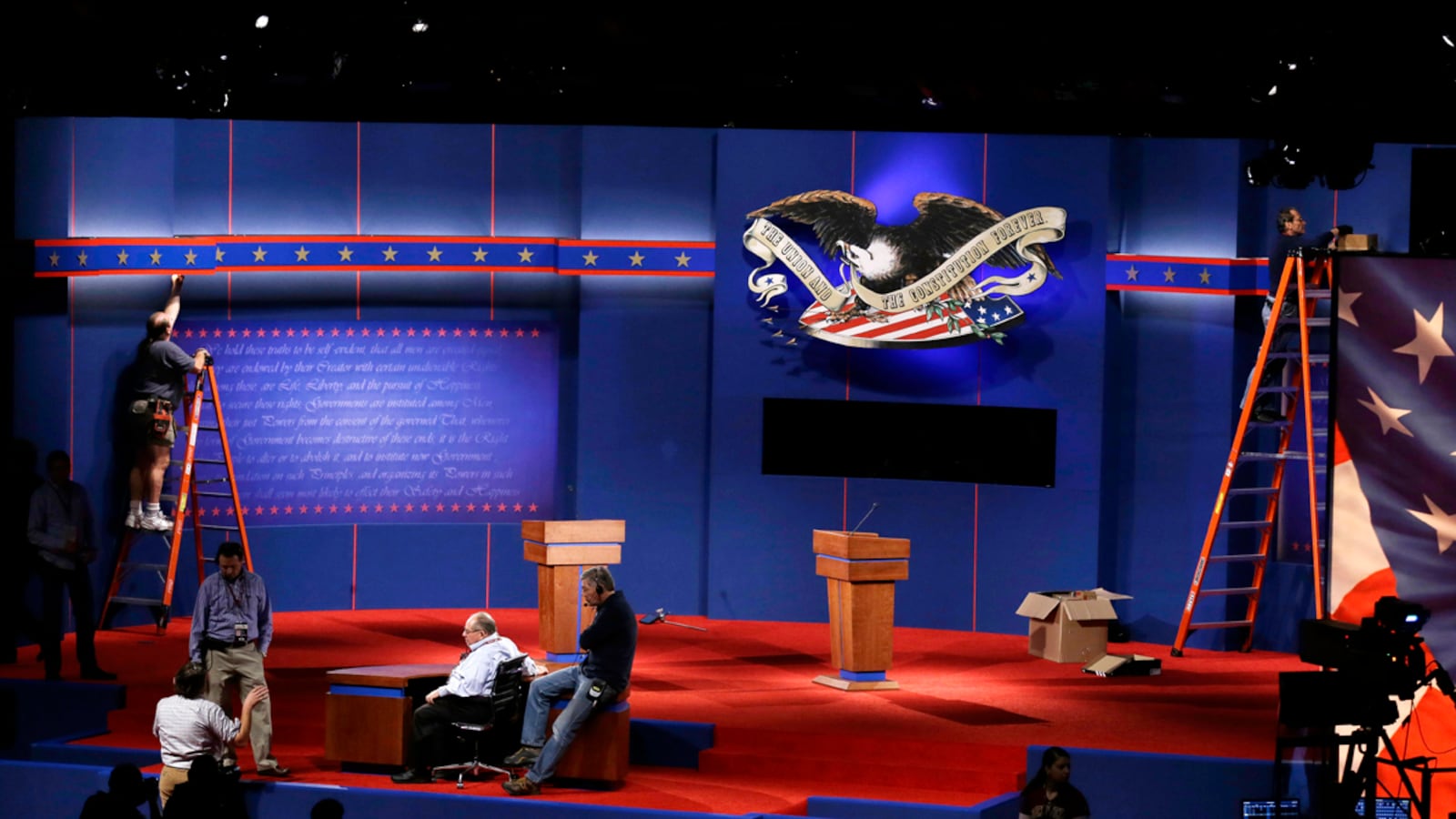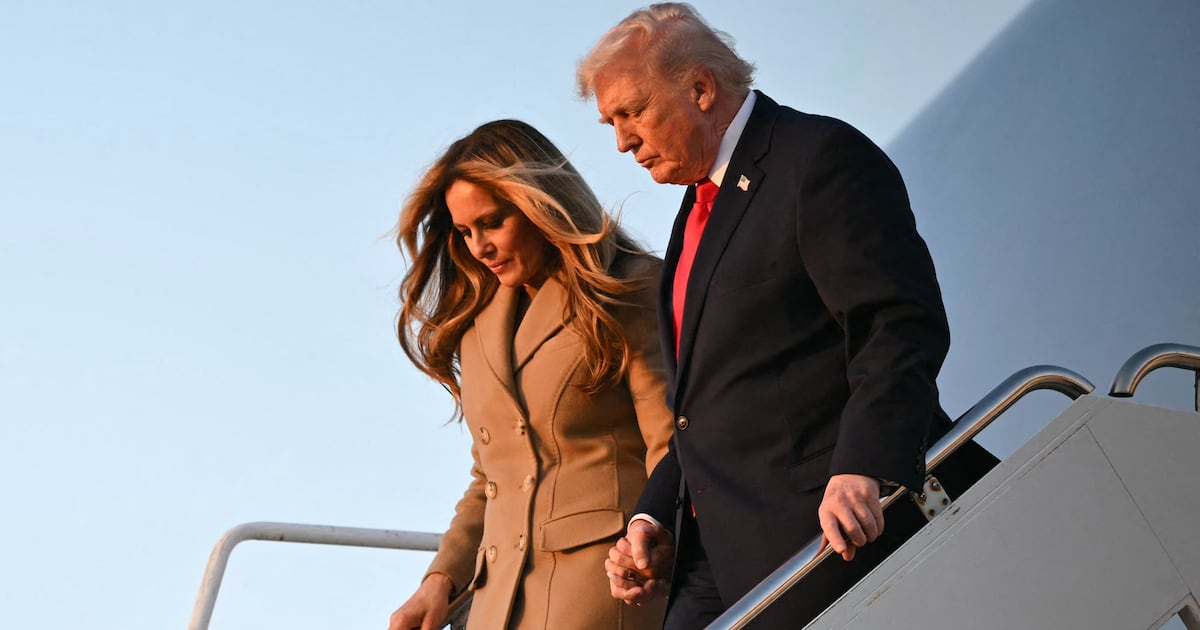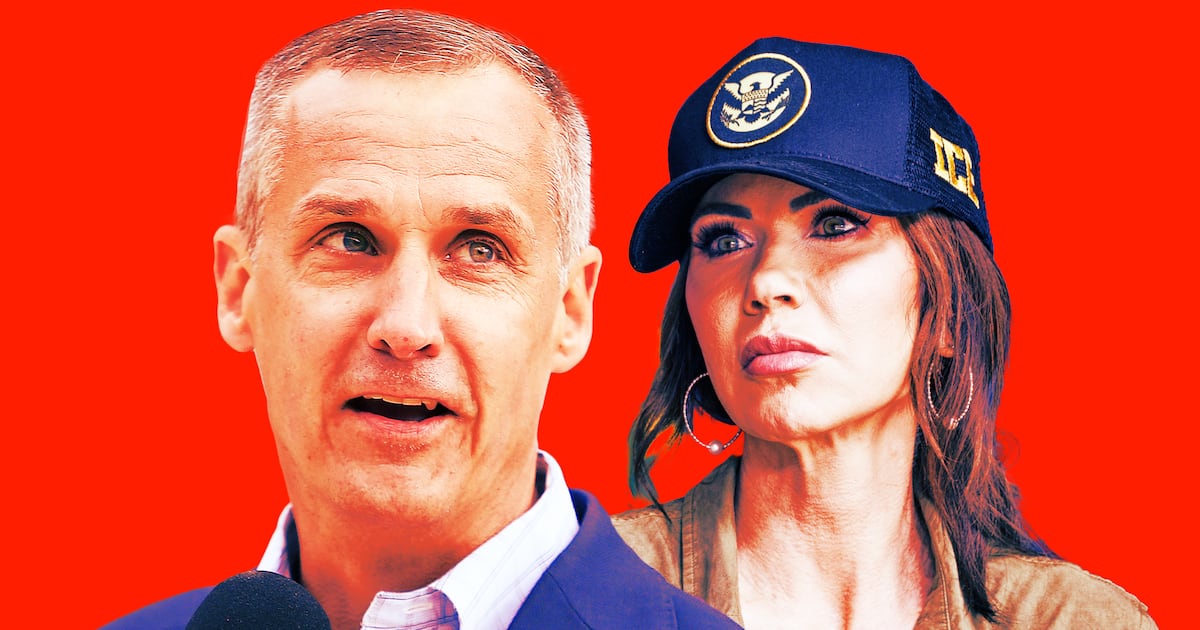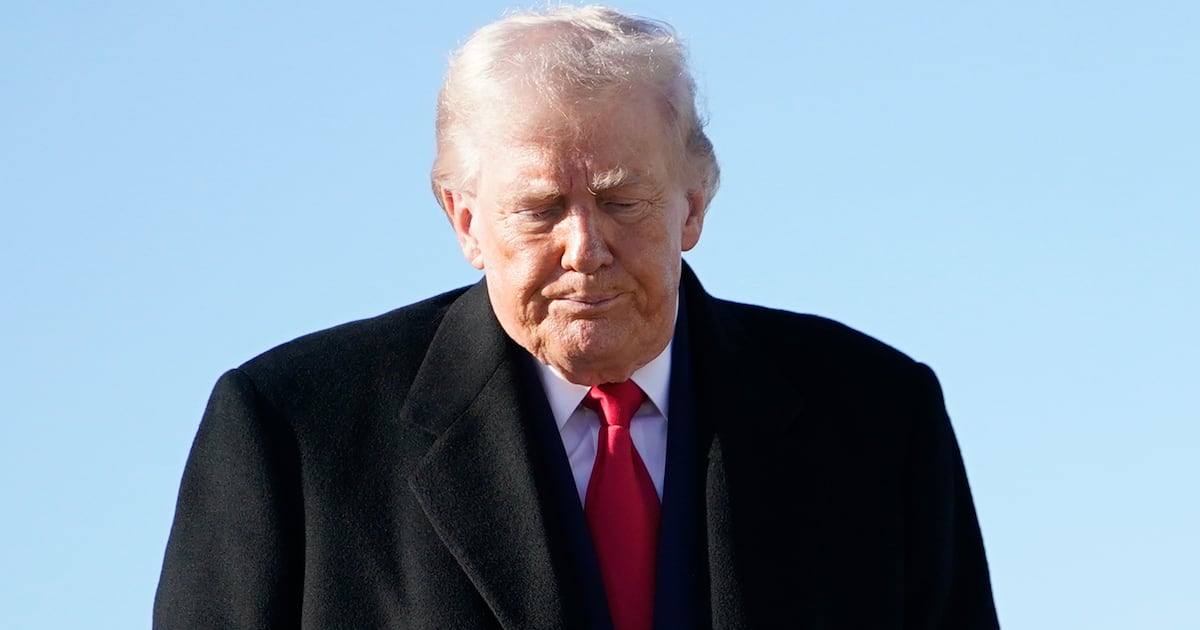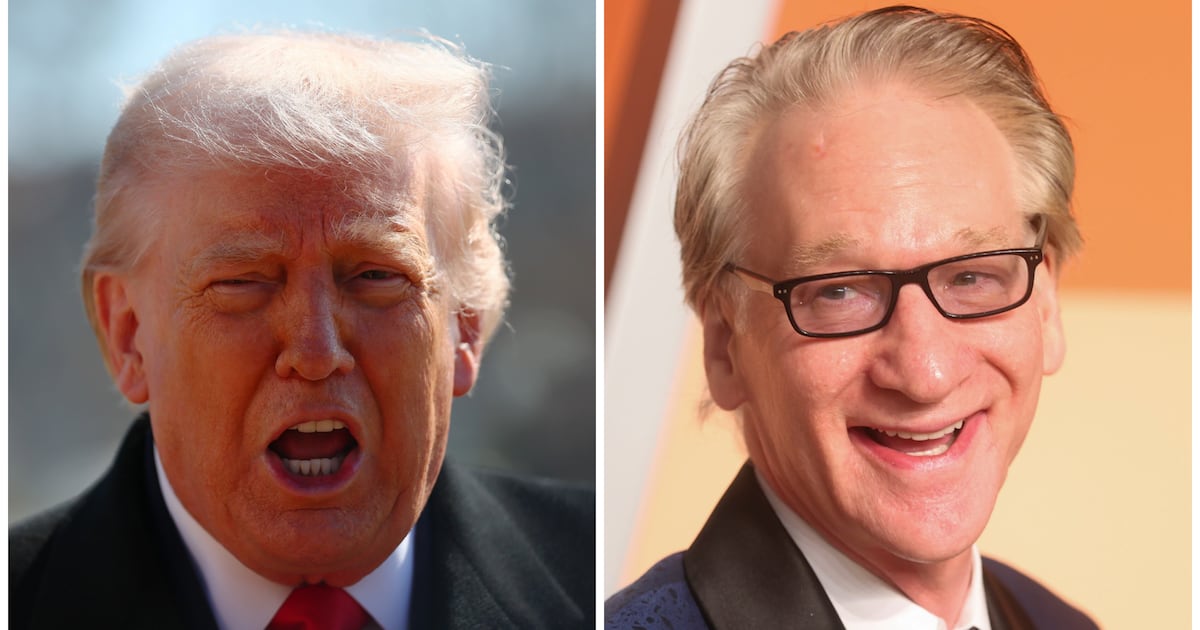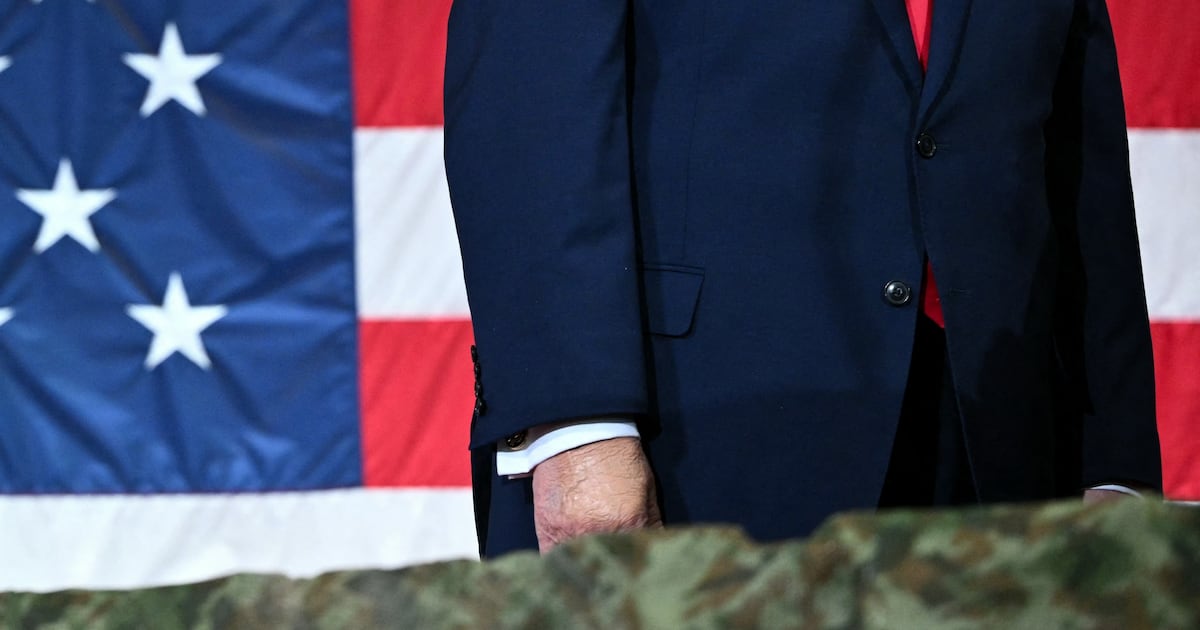Tonight, President Barack Obama and former governor Mitt Romney will step onto the stage for the first of perhaps the most consequential series of presidential debates in American history. What is at stake is only matched by the premium Americans have grown to place on the art of political debate itself. Most Americans believe that debate is as much a part of the fabric of American politics as our first elections, but in reality general-election presidential debates are a relatively recent phenomenon, the first televised battles between Kennedy and Nixon also being the first debates between the nominees of the major parties. We have come to treat debates as part of the gauntlet that candidates must traverse and the one place to satisfy our desire for competition. And so we pay careful attention to the attacks and counterattacks, who can land the better body blows and if either can score a knockout punch through a clever line or zinger.

The Republican primary season only served to ratchet up those expectations. Michele Bachmann (full disclosure: I worked for her) knocked out Tim Pawlenty. Rick Perry knocked himself out. And the battles between Newt Gingrich and Romney were the stuff high-school debaters dream about. But lost in all of the metaphors of competition is a fight over the direction of the country. While millions will tune in to see which of their gladiators wins the duel, what should not be lost is what we learn about these two men and the direction each would take the country over the next four years.
Both are competing for a small slice of undecided voters in 10 states. But both are also attempting to inspire their own bases to turn out in November. So both will have to walk the “tightrope” of being respectfully aggressive—particularly Romney, who must attack Obama without sullying the office he holds.
We should pay particular attention to whether Romney can convince voters that Obama is to blame for present economic conditions and that things are getting worse—or if Obama can convince voters that we’re headed in the right direction and that to change course now would endanger a fragile recovery. So far the president is winning this argument by a razor-thin margin. The debates could turn the tide significantly.
We should pay attention to who starts strong. The first 30 minutes of the first debate are the most important. That will set in motion the narrative, and help determine whom voters perceive to be winning the debates. It’s hard to recover from a bad first outing. Remember President Bush in 2004, or then–vice president Al Gore in 2000. Ronald Reagan was one of the few who recovered from a poor first showing to win the second one in 1984, overcoming the perception he was too old to be president.
We should also pay attention to which candidate puts the other on the defensive. Neither man is particularly effective when on his heels. Obama famously displayed this in telling Hillary she was “likable enough” in a primary debate; Romney’s “$10,000 bet” remark occurred while the governor was defending his health-care policy. Romney has to stay on offense and make the debates about the president’s economic policies, convincing voters that Obama is to blame for the economy. Romney also has to offer a compelling vision of where he would take the country to convince them that change is necessary. Conversely, Obama must make the debate about the choice between himself and Romney and convince voters that choosing the Republican challenger would be dangerous—the strategy his campaign has already deployed in sectioning out women, the middle class, and young voters.
We should also watch to see how both handle the new, less-structured format. The relaxed time limits would seem to favor Obama, who isn’t known for brevity; these rules could allow the incumbent to monopolize time in the debate.
We need to pay close attention to the health-care debate—one of the designated topics of the six 15-minute time blocks. The question is: how will Romney handle the debate over this issue given his own record on the issue in Massachusetts? And how will Obama defend his signature legislation? Will he shy away from the health-care law or aggressively champion it?
In spite of the conventional wisdom otherwise, both men are highly skilled orators. The candidate who is able to execute his strategy and clearly communicate his message will triumph.
The final days before the first debate are intense for the candidate. Staffers are making sure no stone is unturned on the potential list of questions that can be asked. Those preparing the candidates are not only worried about ensuring they know the material, but that they are mentally prepared to handle the pressure of standing before millions of voters and having to think critically and quickly on their feet. We sometimes forget these candidates are human and experience the fear of this moment as much as anyone would.
So put away your fight cards and get out your librettos so we can understand the path and vision they offer in the debates that will impact our lives and what we learn about the two men who vie for our vote, rather than focusing on the gladiator who lands the most punches.

